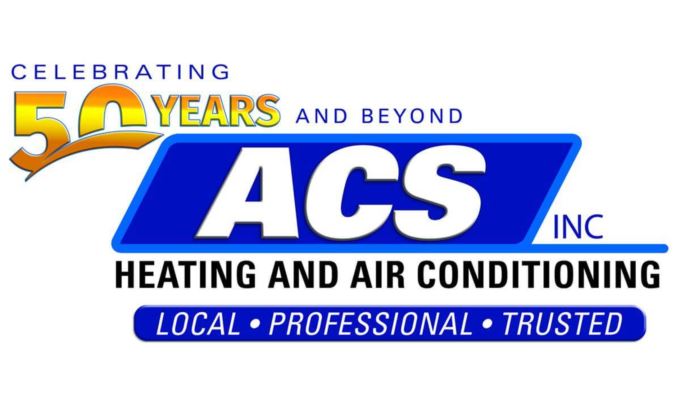Buying your first home is thrilling. You’re probably juggling a dozen things or more about making the right choice. We believe that gaining insight into your future HVAC system is vital. The property’s HVAC system represents a substantial investment and potential source of long-term costs, so being thorough should be a top priority for first-time homebuyers.
In this guide, we’ll share seven tips for discovering all there is to know about a home’s heating and cooling setup. And if you want a deeper opinion from the pros, consider calling ACS Heating and Air Conditioning. Our seasoned technicians can share details about your options with industry insights that are second to none.
1. What Type of HVAC System Is It?
Start by clarifying what kind of HVAC system the home features. Furnaces generally last longer compared to air conditioners, and relatively new types of HVAC products like heat pumps can offer average life spans that are even longer. Getting the details on the make and specific model provides a clear idea of how much routine maintenance it might need.
2. How Old Is the Current HVAC System?
It’s just as smart to learn how old the HVAC system is when you’re looking at a potential new home. For the most part, HVAC systems should survive for around 10-12 years. Having the knowledge of when it was installed helps you prepare for any needed servicing or considerations if it might eventually stop working. Older systems are at a higher risk of problems, so budgeting for a replacement unit could be necessary sooner than you thought.
3. Is the Warranty Active?
Check if the HVAC system is still under warranty. If it is, this can help with maintenance costs. HVAC warranties typically include parts and labor, but specifics will vary. Make sure you go over any terms that seem confusing to ensure you understand your coverage and potential out-of-pocket costs.
4. When Was the Last Time It Received Maintenance?
Take a close look at the maintenance history of the HVAC system, if that information is accessible. This kind of information can demonstrate if the repair needs are high or how often maintenance is performed. You should at least try to track down a history of key tasks like filter changes, which means it enjoyed more regularly scheduled tune-ups.
5. Are You Aware of the System’s Energy Efficiency Ratings?
Purchasing a home with a heating and cooling system with strong energy efficiency means more manageable utility bills and a smaller environmental impact. Locate the seasonal energy efficiency ratio (SEER) ratings for air conditioning along with the annual fuel utilization efficiency (AFUE) for furnaces. High SEER ratings mean more efficient cooling throughout the season, while strong AFUE ratings mean the fuel is efficiently converted into useable heat.
6. Did You See Any Problems During Your Inspection?
Even if you don’t have experience in HVAC systems, it’s still a good idea to check out the HVAC system on your own. Look for potential issues that might have been overlooked. This includes strange noises, spots with uneven heating or cooling and attempts at concealing any visible damage.
7. Is an Experienced HVAC Technician Available to Help?
If you’re still hesitant to make an offer because of the condition of the HVAC system, it’s beneficial to get input from trained HVAC technicians. They will be much more likely to catch things you might miss, including refrigerant leaks, bad electrical connections or flawed ductwork.
A Consultation with ACS Heating and Air Conditioning Helps Take the Stress Out of Your Home-Buying Journey
Finding your first home should be thrilling, and ACS Heating and Air Conditioning can ensure it stays that way. Get in touch with us at 770-450-1539. We can go over the details about how our HVAC services give you peace of mind, giving you what you need to make an offer with confidence.

